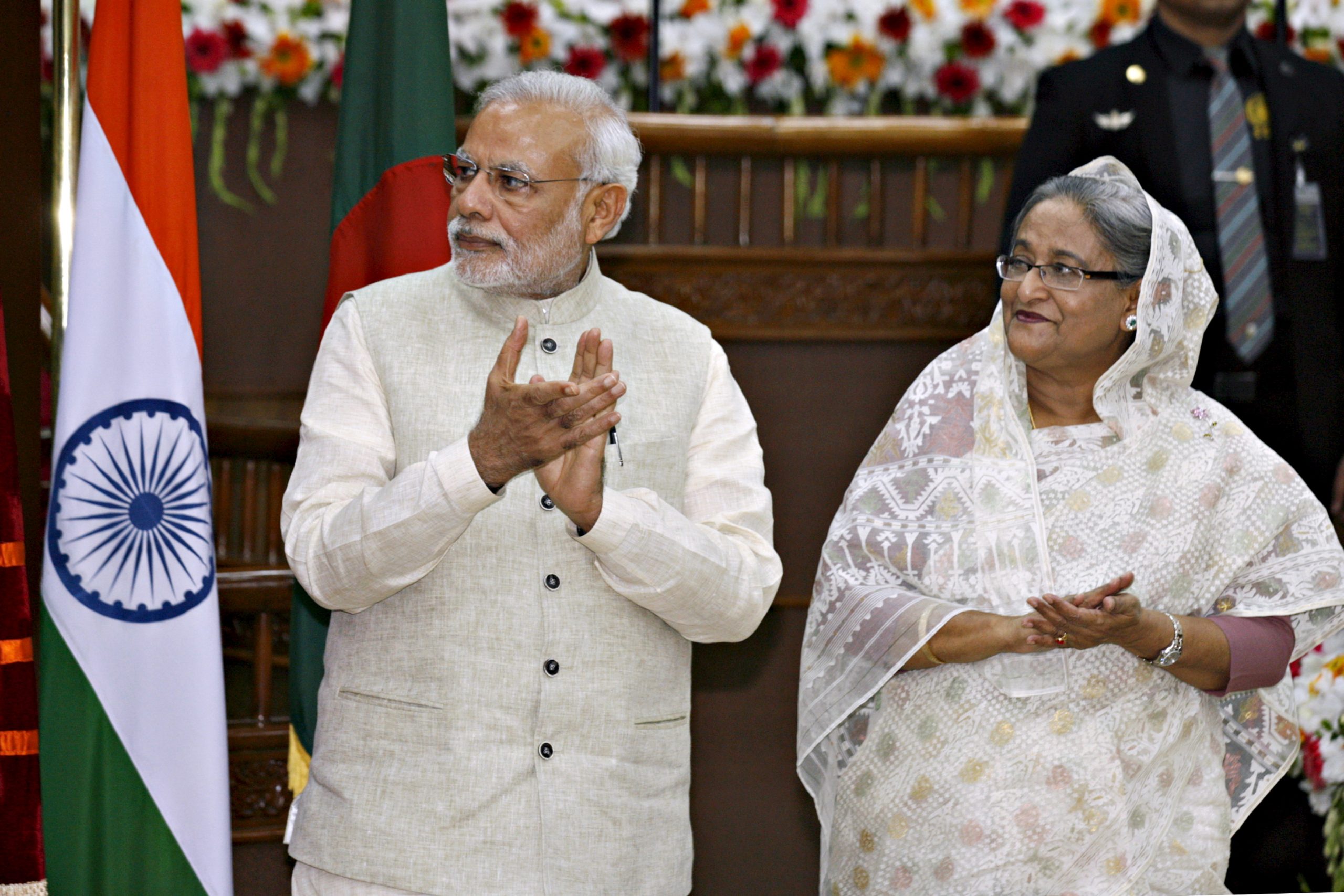
NEW DEHLI, August 28/Aljazeera/ — India’s ties with Bangladesh have become increasingly strained following the ousting of Bangladeshi Prime Minister Sheikh Hasina earlier this month. Hasina, who was once welcomed as a special guest by Indian Prime Minister Narendra Modi during the G20 Summit last September, was forced to flee to India after widespread student protests ended her 15-year rule.
Since her arrival in India on August 5, there have been growing demands from Bangladeshi opposition leaders for her extradition. The Bangladesh Nationalist Party (BNP) and the Jatiya Party have called for Hasina to be returned to Bangladesh to face legal charges, including allegations of enforced disappearances and extrajudicial killings during her tenure.
The situation has been further complicated by rising anti-India sentiment in Bangladesh, with accusations that New Delhi is using visas and water resources to pressure its neighbor. Bangladesh’s interim government, led by Nobel laureate Mohammed Yunus, has already cancelled Hasina’s diplomatic visa, raising questions about how long she can legally remain in India. The Indian government has yet to comment on the issue. Political analysts, like Professor Ali Riaz, note that many in Bangladesh are eager to hold Hasina accountable for the alleged human rights abuses committed during her time in power.